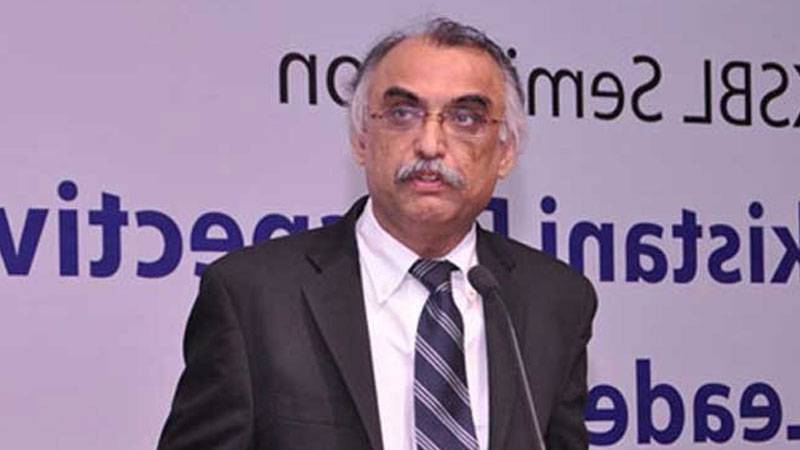
The PTI government has presented a revenue generation-oriented budget, either removing or slashing subsidies and increasing the prices of utilities, which would make the current economic crisis even worse: no economic activity and no new jobs.
But still, the PTI government is aiming even higher when it comes to revenue targets, forgetting that the tax collection remained very poor in 2018-19.
And this fact is highlighted by Shahbaz Rana in a report for The Express Tribune, which says the Centre has sought the help of provinces for bringing immoveable property owners into the tax net as the tax-to-GDP ratio has sunk to just 9.9 per cent – the lowest in five years and the worst year in terms of shortfall.
“Against the annual target of Rs4.4 trillion, the FBR could provisionally collect Rs3.82 trillion, including Rs16 billion in book adjustment [and close to Rs43 billion on account of tax amnesty]. It not only missed the annual target by nearly Rs578 billion but also witnessed negative growth in collection as compared to the previous year,” the report said.
Given the situation, the government wants to expand the scope of taxation to meet the targets, as, according to the report, Federal Board of Revenue (FBR) Chairman Syed Shabbar Zaidi has written a letter to all provincial chief secretaries, requesting them to appoint focal persons for coordinating with the FBR in order to bring immoveable property owners into the tax net from the new fiscal year.
The move comes as the International Monetary Fund (IMF) has imposed a condition to increase the tax-to-GDP ratio to 12.6 per cent by the end of the year.
The Income Tax Ordinance 2001 binds owners of immoveable property with a land area of 500 square yards or more to submit annual income tax returns. But the FBR does not have access to the data of immoveable property owners.
The move is aimed at two objectives: to end tax evasion and crack down on money laundering. And it is a condition for the disbursement of a loan by the World Bank.
“The World Bank has recently estimated that in order to cover basic expenditures, Pakistan needs to increase its tax-to-GDP ratio to at least 15 per cent. ‘Low taxes on immoveable property also offer opportunities for tax evasion and money laundering,’ says a World Bank report prepared for approval of a $400-million loan for reforms in the FBR.”
But still, the PTI government is aiming even higher when it comes to revenue targets, forgetting that the tax collection remained very poor in 2018-19.
And this fact is highlighted by Shahbaz Rana in a report for The Express Tribune, which says the Centre has sought the help of provinces for bringing immoveable property owners into the tax net as the tax-to-GDP ratio has sunk to just 9.9 per cent – the lowest in five years and the worst year in terms of shortfall.
“Against the annual target of Rs4.4 trillion, the FBR could provisionally collect Rs3.82 trillion, including Rs16 billion in book adjustment [and close to Rs43 billion on account of tax amnesty]. It not only missed the annual target by nearly Rs578 billion but also witnessed negative growth in collection as compared to the previous year,” the report said.
Given the situation, the government wants to expand the scope of taxation to meet the targets, as, according to the report, Federal Board of Revenue (FBR) Chairman Syed Shabbar Zaidi has written a letter to all provincial chief secretaries, requesting them to appoint focal persons for coordinating with the FBR in order to bring immoveable property owners into the tax net from the new fiscal year.
The move comes as the International Monetary Fund (IMF) has imposed a condition to increase the tax-to-GDP ratio to 12.6 per cent by the end of the year.
The Income Tax Ordinance 2001 binds owners of immoveable property with a land area of 500 square yards or more to submit annual income tax returns. But the FBR does not have access to the data of immoveable property owners.
The move is aimed at two objectives: to end tax evasion and crack down on money laundering. And it is a condition for the disbursement of a loan by the World Bank.
“The World Bank has recently estimated that in order to cover basic expenditures, Pakistan needs to increase its tax-to-GDP ratio to at least 15 per cent. ‘Low taxes on immoveable property also offer opportunities for tax evasion and money laundering,’ says a World Bank report prepared for approval of a $400-million loan for reforms in the FBR.”
